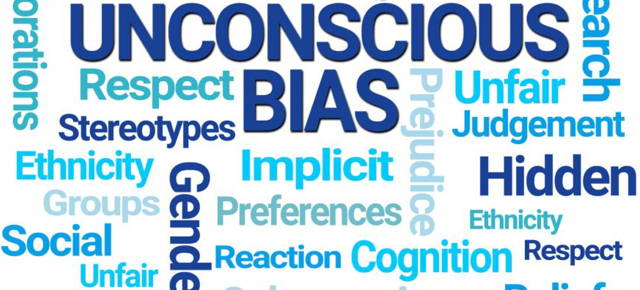Job interview: what does the candidate really think? Algorithms provide clarity
Products
Wednesday 05 June 2024
Humans are social animals. And that has served us well. We can (generally) work well together and are able to accomplish wonderful things together. Companies are a good example of the power of cooperation. Because even the most successful company would go under in no time without people.
The other side of the coin is conformism. It is very important for us to be accepted by the group. So, we try to conform and exhibit the behavior we think is expected of us. If you work in recruitment and selection, you will encounter this with great regularity. Whatever you ask the candidate, he or she always seems to give exactly the right answer. Each candidate describes himself exactly in the terms mentioned in the vacancy text. Remarkable, isn't it?
Of course, every applicant tries to present himself or herself in the best possible way. It is only normal to highlight certain aspects of your (professional) personality a little more than others. The question is of course: is the candidate 100% honest?
Or has the applicant (consciously or unconsciously) given socially desirable answers that say nothing about his/her real beliefs?
Your own blind spot
You may not like to hear it, but everyone has a blind spot. Including you. Because conformism is not just a thing of the candidate. Conformism can also occur within your own team. Do you actually agree with each other almost all the time? Maybe you are the perfect team. But if you never have a firm disagreement, chances are that peer pressure also plays a role in your selection process.
Is that something you should want? No.
Online application test puts an end to socially desirable answers
Because of socially desirable answers, you don't always end up with the best person for the job. With an online application test, you can ask the candidate additional questions where it is exactly clear how honest the candidate has been. The Bridge Personality test is a modern (adaptive) test that uses Artificial Intelligence (AI).
Part of this test is the Normative-Ipsative split technology. This clever piece of AI makes it clear exactly where and when steered answers were given. Per question you can immediately see if a candidate hesitated about a question.
Where and when it is convenient for the candidate
Another advantage of The Bridge Personality test is that the candidate can take this test when and where it is convenient for him or her. So, there is a good chance that the candidate is less nervous. It makes quite a difference whether you answer a question at a table, in front of three people who are staring at you expectantly, or comfortably from the couch. Those who feel more secure will be less inclined to give socially desirable answers.
Objective input
The Bridge Personality test reports regularly provide new insights. Seemingly suitable candidates fall through the cracks, while candidates who are a little less good suddenly turn out to be a brilliant diamond. Try it out.


















